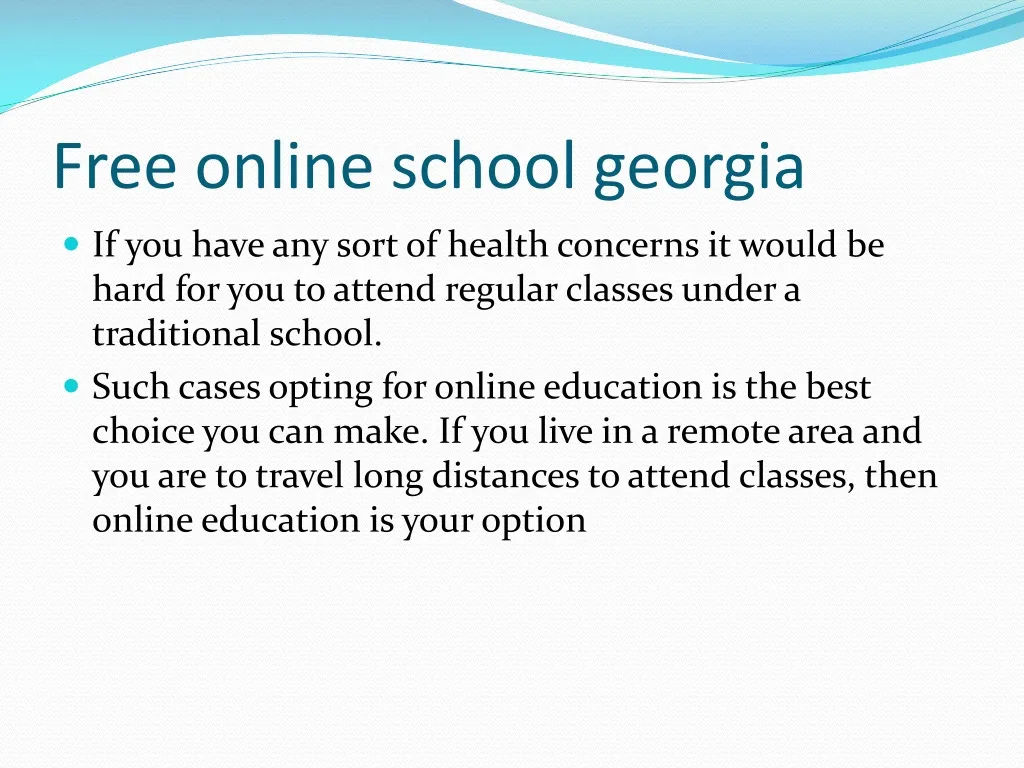
Outschool was founded in 2015 to offer small group, live online classes for K-12 students. QuantumCamp and Acton Academy were founded in 2009, and are two examples of early microschool learning programs. While many think of microschooling as a pandemic phenomenon, there were small, creative learning environments like microschools long before that. Many, though not all, microschools have a particular theme or specialty that informs their learning, like classical education, nature-based learning, self-directed learning, Montessori education, or special needs education. Families may work independently the remainder of the time. Based on the needs of the community it serves, a microschool may gather for just 10-20 hours a week or only certain days. The National Microschooling Center describes microschools as “small, multifamily learning environments” that are rooted in relationships and place an emphasis on children as individual learners. Education researcher Kerry McDonald describes that the term “microschool” encompasses education models from “homeschooling collaboratives that may meet a few days a week in a local community space, to learning pods in a private home, to full-time, small, low-cost private schools that prioritize individualized learning and don’t plan to grow beyond a few dozen students.” Microschools can take place in homes, churches, libraries, public outdoor spaces, or commercial spaces.įor all their diversity, microschools share a commitment to flexibly and creatively meeting the needs of individual children. Perhaps one is an at-home learning group of five students while the other is a private school serving nearly 100 children. You may hear two different families use “microschool” to refer to two learning environments that look very different. They’ve been called “modern one-room schoolhouses.” Microschools are always “micro,” that is, somewhat small. Usually, microschools address a local need and are formed when families in the same vicinity bring children similar in age together. The basic concept of microschooling is pretty easy to understand: students gathering together in a small group – with adult supervision – to learn, explore, and socialize. What are Microschools? Beyond Microschooling Know What you Signed Up For State-By-State Guide Additional Resources What are microschools?

To help you understand microschooling and other unconventional learning choices in your state, we’ve created this guide. While families who microschool may legally be homeschoolers or private schoolers, they share an entrepreneurial mindset that sets them apart.īeyond microschooling, many families are simply mixing and matching different education types for example, enrolling part-time in public school classes, online classes, or apprenticeship programs while homeschooling. Today, more than 1 million families participate in “microschooling,” localized learning groups they’ve discovered or designed.

Today, many families are finding the flexibility, customization, and community they desire in learning arrangements at least partially outside their traditional public school or parochial school. Education a la carte.Įducation is evolving, and if you’ve stumbled into an education conversation or joined a parent discussion group recently, chances are you’ve heard of learning arrangements or styles you didn’t even know existed.


 0 kommentar(er)
0 kommentar(er)
